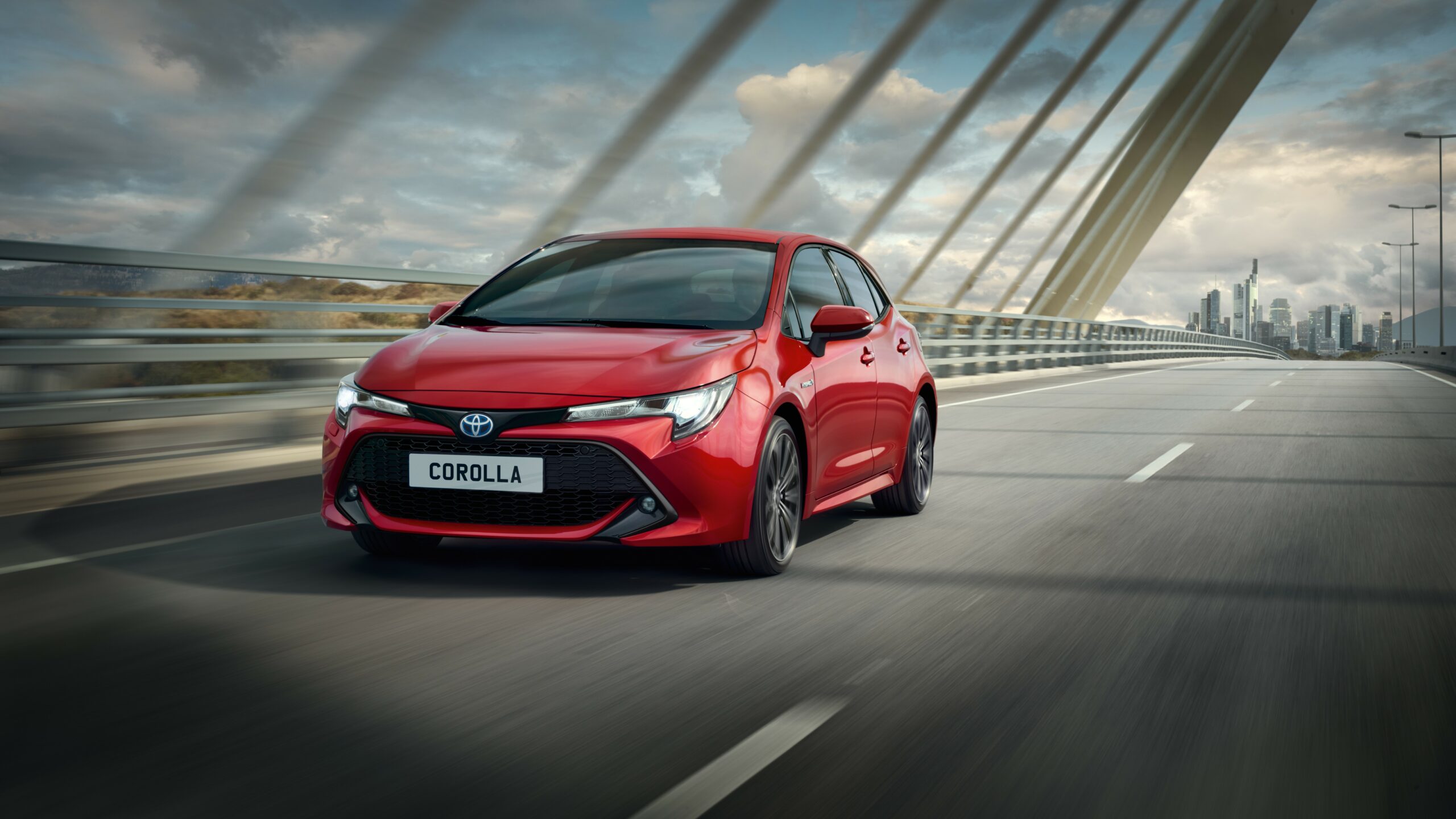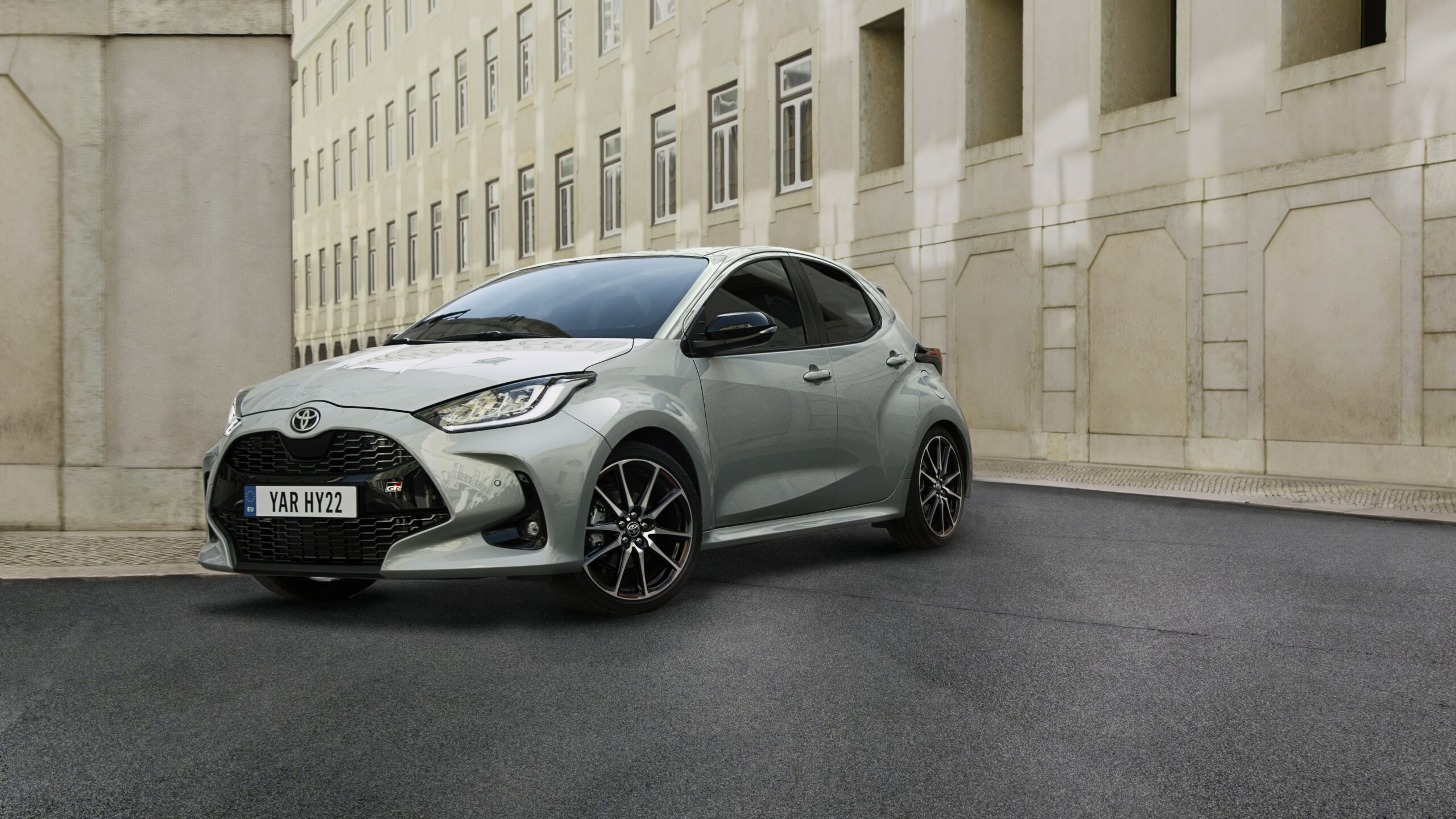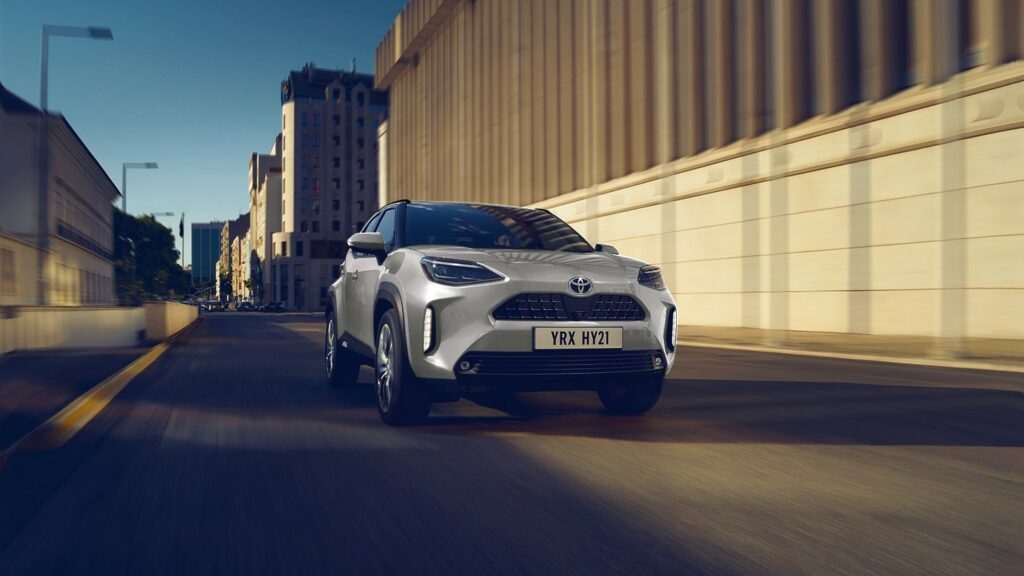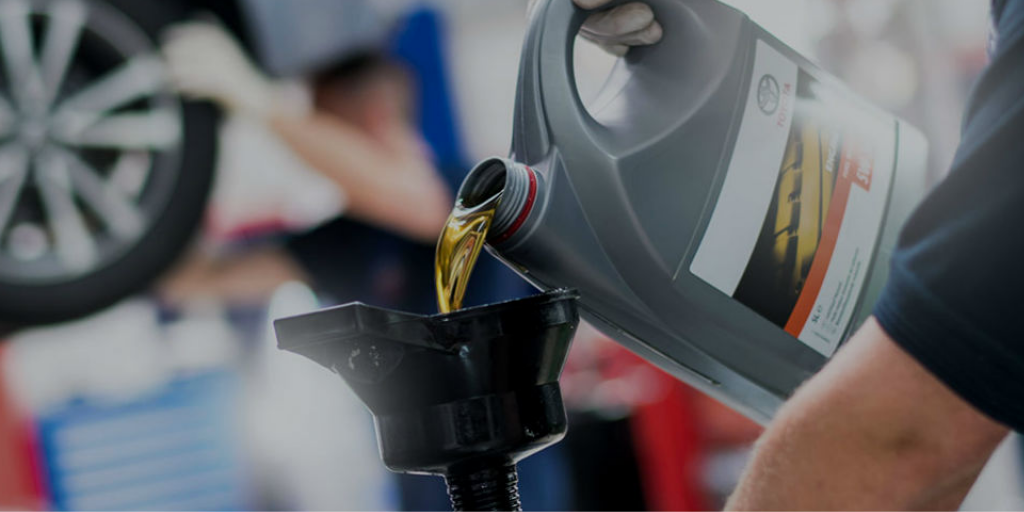Quick answer – it really depends on what you will use the car for. Hybrids could be better for longer distance driving or areas where charging infrastructure is poor, while electric cars run on electricity only and have zero tailpipe emissions.
However, a hybrid will probably be in electric mode up to 70% of the time, which will save you money compared to a normal car, and if you learn how to drive a hybrid properly you’ll likely find that a hybrid car is a great compromise between an electric car and a conventional car, with few of the drawbacks.
With an increased interest in electric cars, and away from traditional internal combustion engine cars in the last ten years, two alternatives have emerged – hybrid cars and electric cars. Each of them have their own advantages and disadvantages, but how do you figure out which one is right for you?
Manufacturers are moving towards a more sustainable and environmentally-conscious future in terms of the cars they offer, and you will want to consider factors such as fuel efficiency, sustainability, and budget when it comes to choosing between a hybrid or electric for your next car.
Table of Contents

How does a hybrid car work?
Hybrids have been around for some time, with the Toyota Prius being the first mass-produced hybrid car to be sold in 1997. A hybrid car works by combining two different power sources; they consist of an internal combustion engine – usually petrol powered, as well as a small electric motor assisted by a battery pack.
The two types of hybrid cars that are most common on Maltese roads are self-charging hybrids and plug-in hybrids. Self-charging hybrids, such as the Toyota Yaris Hybrid, use an internal combustion engine as well as an electric motor to drive the wheels independently or simultaneously. The electric motor can assist the petrol engine during acceleration and can also work independently at low speeds. In this case, both the engine and the brakes charge the battery pack, meaning there is no need to plug in the car.
The other type of hybrid is the plug-in hybrid, which has a larger battery pack than a self-charging hybrid and requires charging from a car charging point. The electric motor can operate independently at lower speeds, but when more power is required, the petrol engine kicks in.
Hybrids are most effective in city driving compared to a traditional petrol or diesel engine, making them perfect for driving around Malta and Gozo. The electric motor is used mainly in slow-moving and stop-start traffic, reducing carbon emissions and saving fuel. Modern hybrids allow you to use electric-only mode at speeds up to approx 80 km/h – meaning that for most of your driving around Malta you will not actually use the petrol engine. Hybrid cars use an automatic gearbox which also enhances the comfort of driving.
A hybrid is usually more expensive than a traditional petrol-powered car, however they are also typically less costly to own than petrol-powered cars, as the engine, gearbox, and braking components are used less therefore they get less wear and tear. Yet, a hybrid car needs to be used – it cannot be left in a garage for months on end, as this will ruin the battery.

How does an electric car work?
The take-up of electric cars is a relatively recent development, and being a recent technology, we need to dive in to see the possible benefits of driving an electric car over a conventional petrol or diesel-powered car. An electric car has an electric motor, powered by a battery pack. The electric motor converts electrical energy stored within the car’s batteries into mechanical energy to drive the wheels.
Electric cars need to be plugged into a charging point rather than re-fuelled at a fuel station. Most electric cars can actually be plugged into a traditional home electrical socket. It’s more common, however, to have a charging point installed at your home or use public charging infrastructure, as this means your car will charge a lot faster.
Like hybrids, electric cars are very effective for city driving, where they produce absolutely no tailpipe emissions. This makes them cleaner and more efficient than petrol/diesel cars and are also very suitable for Malta’s driving conditions. You can find electric vehicle (EV) charging points in public, however, generally speaking at the moment in Malta, charging infrastructure is quite poor and finding somewhere to charge can be challenging.
Electric cars tend to have a definitive range – a mileage figure that the manufacturer claims the car can run on a single charge before the car needs to be charged up again. Real-world ranges can often differ, however, depending on your driving style and whether you run the air conditioning or the heating.
Why a hybrid might be more suitable than an electric car
Whether you should buy a hybrid or electric car depends on your personal circumstances, budget, and requirements. However, there are a few situations where a hybrid makes more sense than an electric car, and we’ve gone through some of these below.
Longer commutes without access to charging infrastructure
If you’re constantly jumping in and out of the car, a hybrid may be more practical for you than an electric car. This is particularly the case if the places you drive to don’t have very good charging infrastructure. A hybrid will have a longer driving range compared to most electric cars, and you won’t need to worry about recharging your car during your journey/s.
Charging costs
Even though fully electric cars don’t need to be filled with fuel, they still need to be charged, and charging an EV vehicle is not free. When using public charging stations, depending on how you choose to charge (whether fast or slow) and how frequently you charge, the price of consistently charging your vehicle will rise. Whilst of course even a self-charging hybrid comes with its own costs, as you’ll need to fill it up with fuel like a fully petrol car, the efficiency of the self-charging hybrid system means that you’ll fill it up much less frequently, and overall will amount to less money spent on petrol than charging for a full EV.
No home charging ability
This is probably one of the biggest issues facing most people when it comes to choosing between a hybrid or an electric car in Malta. If you live in a flat, or a home without a driveway or a garage, it’s unlikely you will be able to install a home charging point. If you do have a driveway or a garage, it may not be possible to install an electric charger as you would need certification from an engineer, and even if it is, they can be very expensive to install (approx €1000).
If you don’t have access to home charging, running an electric car can be very difficult as you will have to constantly rely on public charging infrastructure. Public charging infrastructure can also be quite challenging to use when it’s busy – you can fill up a petrol car or a hybrid in a few minutes, but a full charge on an electric vehicle is likely to take approx 90 minutes on a fast charger.
Climate and weather conditions
Hybrids, especially self-charging hybrids, are far less affected by extreme hot or cold. With an average temperature of around 35 degrees in summer, Malta is very hot compared to other countries and you’ll almost certainly be running your air conditioning between May and September each year. If you have a full-electric car, this will eat into your range and will mean you have to charge more often. While running the air conditioner constantly will use up more charge and petrol in your hybrid, the effect is nowhere near as pronounced as it is on electric car range, and it’s something you should consider.

FAQs
Are there government subsidies for electric cars?
The government in Malta has offered subsidies for electric vehicle purchases. The subsidy will allow up to 11,000 EUR discount off the price of a new electric car – however, you do have to pay up front and reclaim the money. At the time of writing, the government is also offering a scrappage scheme if you purchase and register a new car and scrap your old one – although your old car must be at least ten years old or it won’t qualify.
There may be other incentives and subsidies that have been introduced since this article was written – so always check at the time of purchase.
What is range anxiety?
Range anxiety refers to the fear that EV owners have of their cars running out of battery before they can reach the next charging point. It is a psychological phenomenon that stems from the advertised limited driving range of some electric cars, and the uncertainty of finding charging stations enroute. Whilst the range that EVs can achieve in the real world is enough for some drivers, it may not be for everyone, so it’s important to keep your specific needs in mind before taking the plunge.
How common are electric car charging stations in Malta?
The availability of electric car charging stations in Malta is growing, with more available now in 2024 than in recent years. However, the charging infrastructure is not as extensive as that of some other European countries. By far, the most effective way to charge is at home. Yet, charging at home is not always possible as ideally you need to own a garage or driveway to be able to insert a charging station. In Malta, where many people live in flats, this is often not possible.
Are electric cars more reliable than hybrid cars?
There’s no data to suggest that manufacturers are constructing electric cars to be more reliable than hybrid cars – it’s likely a hybrid car you buy today will be just as reliable as any other. While an electric car does have fewer moving parts and therefore less to go wrong, there are some suggestions that electric car build quality can be lower than that of hybrid cars, as historically manufacturers have cut corners in other areas as the car needs to be more competitively priced. Because of this, a car as well-built as a Toyota Hybrid will likely be far more reliable than an electric car from another manufacturer.


